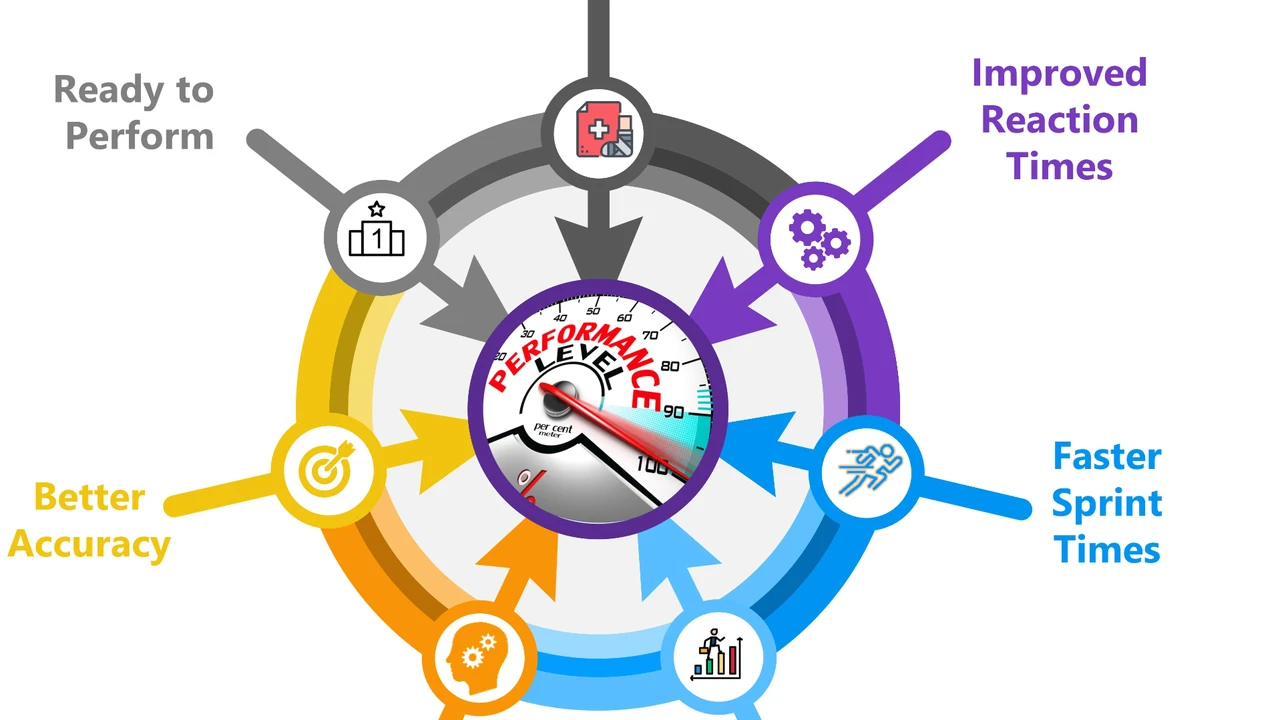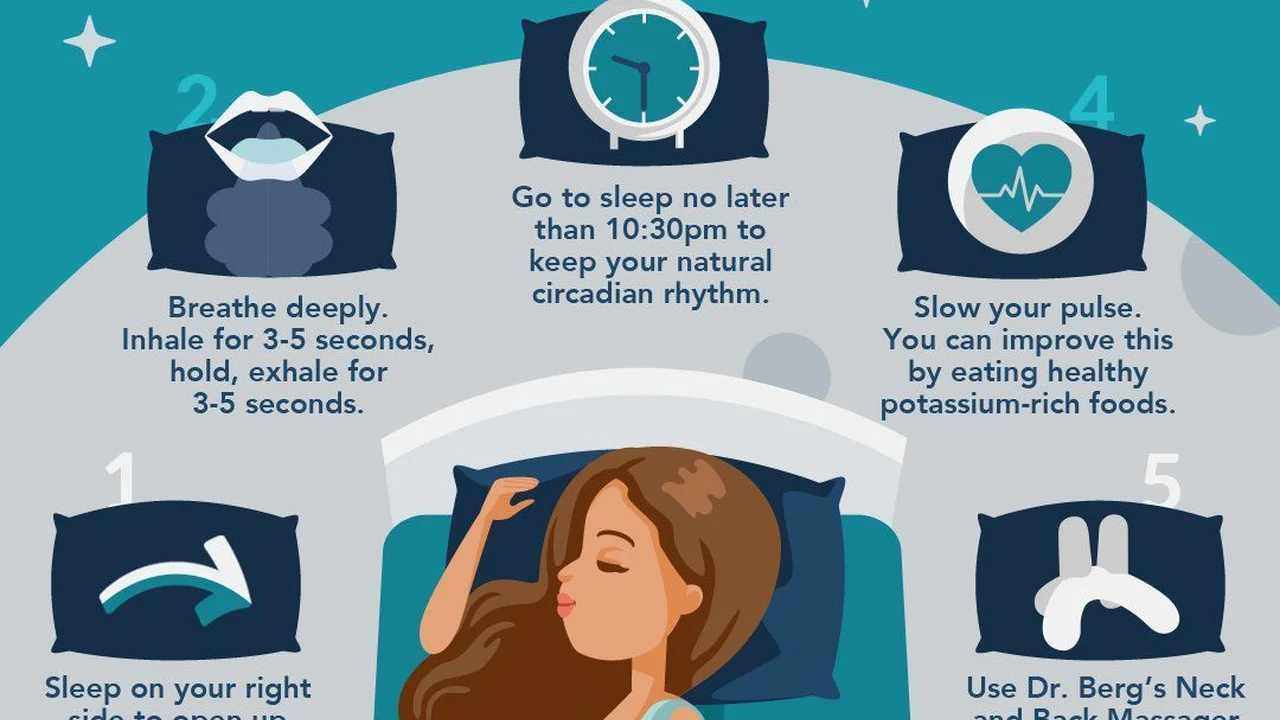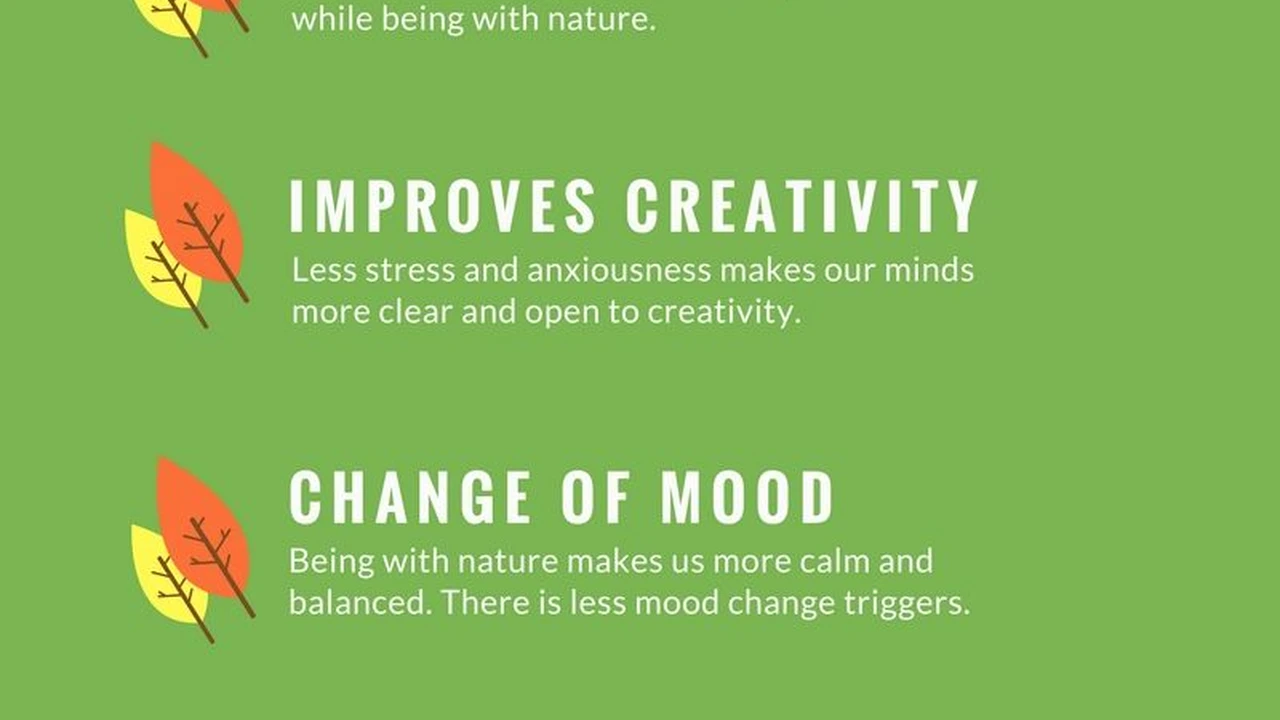The Impact of Sugar on Your Body: What You Need to Know
Understand the impact of sugar on your body and its potential health consequences. Learn about different types of sugar and how they affect your energy levels and overall well-being. Make informed choices to reduce your sugar intake for a healthier lifestyle.

Understanding Different Types of Sugar for Health
Okay, let's talk about sugar. It's everywhere, right? From that morning coffee to that late-night snack, sugar is a constant companion for many of us. But what exactly is it doing to our bodies? And are all sugars created equal? The short answer is no. Understanding the different types of sugar is the first step in making informed choices about your diet.
Firstly, there are naturally occurring sugars found in fruits (fructose) and dairy products (lactose). These come packaged with vitamins, minerals, and fiber, which slow down their absorption and lessen their impact on blood sugar levels. Then there are added sugars, the ones we need to be more cautious about. These include sucrose (table sugar), high-fructose corn syrup, and various syrups and sweeteners added to processed foods.
Added sugars provide empty calories, meaning they contribute calories without offering any nutritional value. Consuming too much added sugar can lead to a host of health problems, which we'll dive into next.
The Effects of Sugar on Energy Levels and Metabolism for Fitness
Ever experienced that mid-afternoon slump after a sugary treat? That's sugar at work. When you consume sugar, your blood sugar levels spike, giving you a temporary energy boost. However, this is quickly followed by a crash as your body releases insulin to bring those levels back down. This rollercoaster effect can leave you feeling tired, irritable, and craving more sugar, creating a vicious cycle.
Furthermore, excessive sugar intake can wreak havoc on your metabolism. Your body prioritizes burning sugar for energy, which means it's less likely to burn fat. Over time, this can contribute to weight gain and an increased risk of metabolic disorders like type 2 diabetes.
Think of your body like a finely tuned engine. Sugar is like putting the wrong kind of fuel in it. It might run for a little while, but eventually, it's going to cause problems.
Sugar and Weight Gain Strategies for Weight Management
It's no secret that sugar contributes to weight gain. As we mentioned earlier, excess sugar is converted into fat and stored in the body. But it's not just the direct conversion that's the problem. Sugar also affects your appetite and satiety hormones, making you feel less full and more likely to overeat.
Studies have shown a strong correlation between sugar-sweetened beverages and weight gain. These drinks are often high in calories and provide little to no nutritional value, making them a major contributor to the obesity epidemic.
If you're trying to manage your weight, reducing your sugar intake is crucial. Start by cutting back on sugary drinks and processed foods. Focus on whole, unprocessed foods that are naturally low in sugar and high in fiber.
The Impact of Sugar on Gut Health and Digestion
Your gut is home to trillions of bacteria, both good and bad. Sugar can disrupt the delicate balance of these bacteria, leading to gut dysbiosis. This imbalance can contribute to a range of digestive issues, including bloating, gas, and irritable bowel syndrome (IBS).
Furthermore, sugar can feed harmful bacteria in the gut, leading to inflammation. Chronic inflammation is linked to a variety of health problems, including heart disease, cancer, and autoimmune disorders.
To support a healthy gut, limit your sugar intake and focus on consuming fiber-rich foods like fruits, vegetables, and whole grains. Probiotic supplements can also help to restore the balance of gut bacteria.
Sugar and Skin Health Strategies for Clear Skin
Believe it or not, sugar can also affect your skin. High sugar intake can lead to inflammation throughout the body, which can manifest as acne, eczema, and other skin problems. Sugar also contributes to the formation of advanced glycation end products (AGEs), which damage collagen and elastin, leading to premature aging and wrinkles.
To improve your skin health, reduce your sugar intake and focus on consuming antioxidant-rich foods like fruits, vegetables, and green tea. These antioxidants can help to protect your skin from damage and promote a healthy glow.
Strategies for Reducing Sugar Intake for a Healthier Lifestyle
Okay, so we know sugar isn't our friend. But how do we actually cut back? It's not always easy, especially when sugar is hidden in so many processed foods. Here are some practical tips:
- Read Food Labels Carefully: Pay attention to the "added sugars" on the nutrition facts panel. Aim for foods with the lowest amount of added sugar.
- Limit Sugary Drinks: This includes soda, juice, sports drinks, and sweetened coffee and tea. Opt for water, unsweetened tea, or sparkling water with a squeeze of lemon or lime.
- Choose Whole, Unprocessed Foods: Focus on fruits, vegetables, whole grains, and lean protein. These foods are naturally low in sugar and packed with nutrients.
- Cook at Home More Often: This gives you control over the ingredients and allows you to limit added sugar.
- Use Natural Sweeteners in Moderation: If you need to sweeten something, opt for natural sweeteners like stevia, monk fruit, or erythritol. However, use them sparingly, as they can still affect your blood sugar levels.
- Be Mindful of Hidden Sugars: Sugar can be hidden in unexpected places, like sauces, dressings, and yogurt. Always read the labels carefully.
- Plan Your Meals and Snacks: This helps you avoid impulsive sugary choices.
Recommended Products and Usage Scenarios for Sugar Alternatives
Let’s face it, sometimes you just need a little sweetness. Luckily, there are some great sugar alternatives out there. Here are a few recommendations:
- Stevia: This natural sweetener is derived from the stevia plant and has zero calories. It’s great for sweetening coffee, tea, and yogurt.
- Usage Scenario: Add a packet of stevia to your morning coffee for a sugar-free boost.
- Product Recommendation: Truvia Natural Sweetener (around $8 for 40 packets)
- Monk Fruit Sweetener: Another natural sweetener with zero calories, monk fruit is derived from a fruit native to Southeast Asia. It’s a good option for baking and cooking.
- Usage Scenario: Use monk fruit sweetener to bake a low-sugar cake or muffins.
- Product Recommendation: Lakanto Monkfruit Sweetener (around $12 for 1 lb)
- Erythritol: This sugar alcohol has a negligible impact on blood sugar levels and contains very few calories. It’s often used in sugar-free candies and desserts.
- Usage Scenario: Use erythritol to make sugar-free ice cream or chocolate.
- Product Recommendation: Swerve Sweetener (around $10 for 1 lb)
Comparing Sugar Alternatives What’s Right for You
With so many sugar alternatives on the market, it can be tough to choose the right one. Here’s a quick comparison:
| Sweetener | Calories | Impact on Blood Sugar | Pros | Cons |
|---|---|---|---|---|
| Stevia | 0 | None | Natural, zero calories | Can have a slightly bitter aftertaste for some |
| Monk Fruit | 0 | None | Natural, good for baking | Can be more expensive than other options |
| Erythritol | Very Few | Minimal | Good for sugar-free desserts | Can cause digestive upset in large amounts |
Ultimately, the best sugar alternative for you will depend on your individual preferences and needs. Experiment with different options to find the ones you like best.
Staying Informed and Making Healthy Choices about Sugar
Understanding the impact of sugar on your body is empowering. By making informed choices about your diet and limiting your sugar intake, you can improve your energy levels, manage your weight, support your gut health, and protect your skin. So, take control of your health and start reducing your sugar intake today. Your body will thank you for it!
:max_bytes(150000):strip_icc()/277019-baked-pork-chops-with-cream-of-mushroom-soup-DDMFS-beauty-4x3-BG-7505-5762b731cf30447d9cbbbbbf387beafa.jpg)






